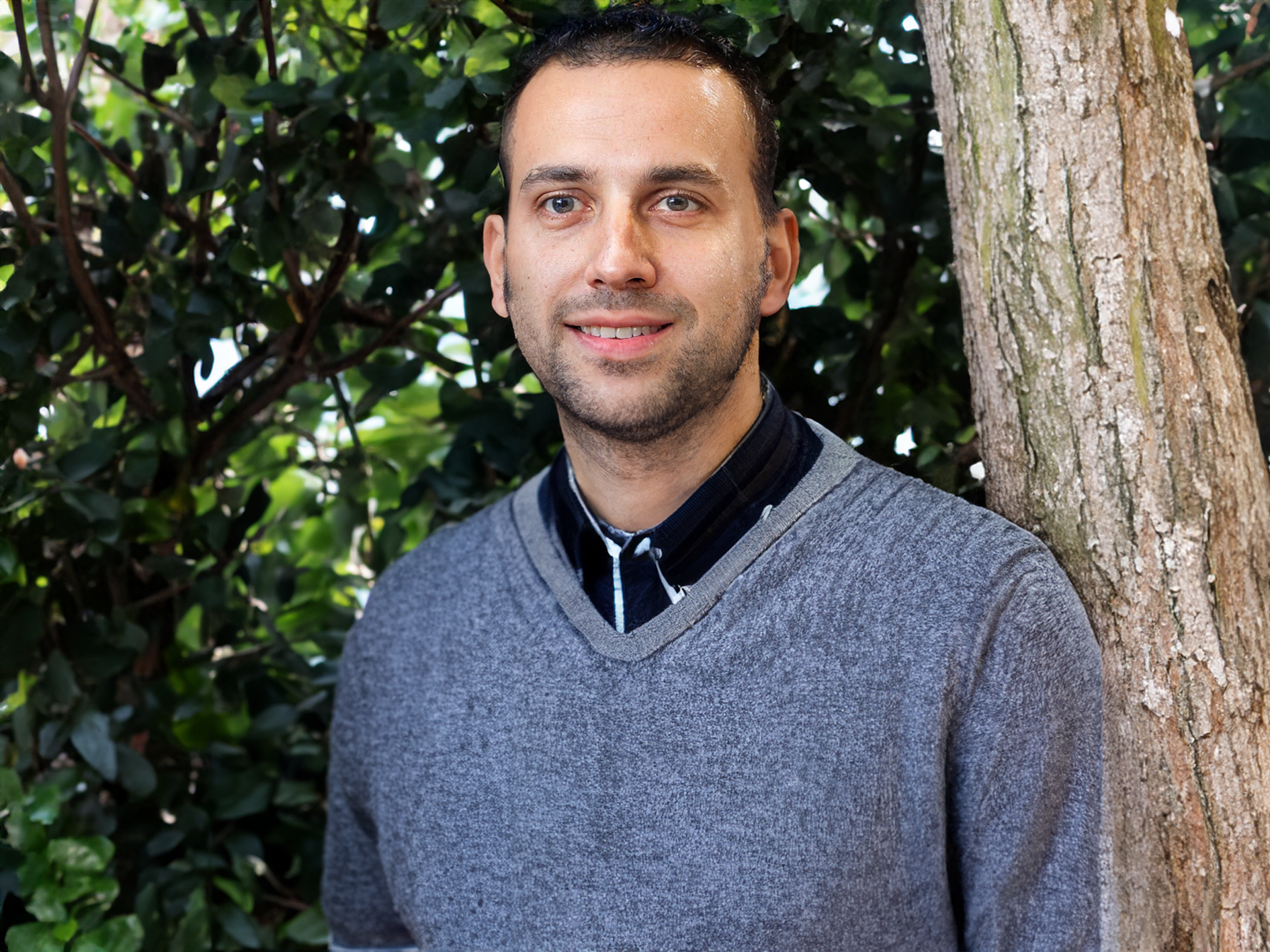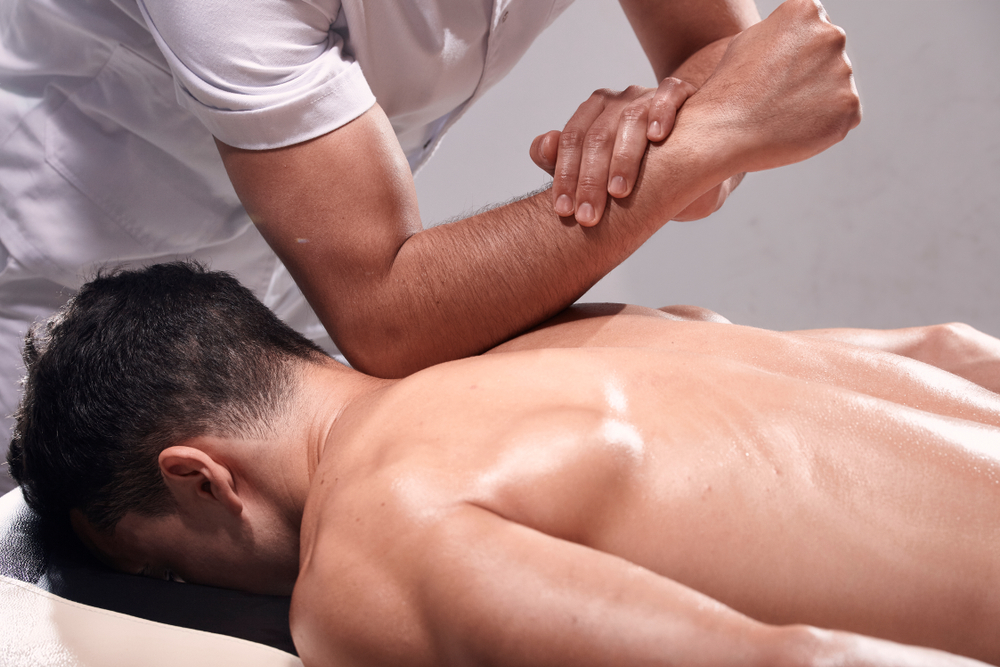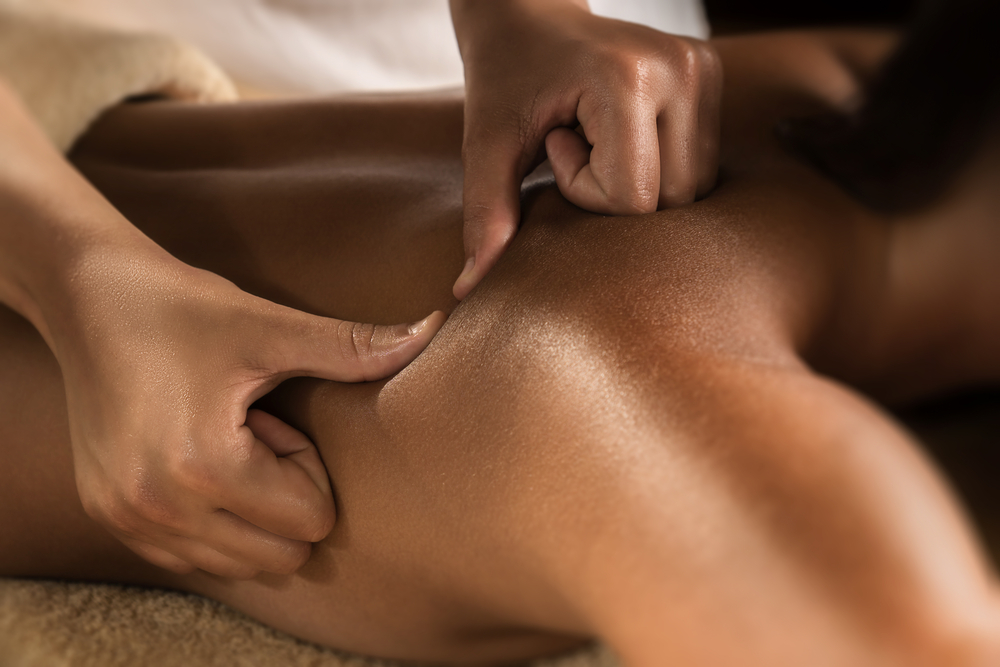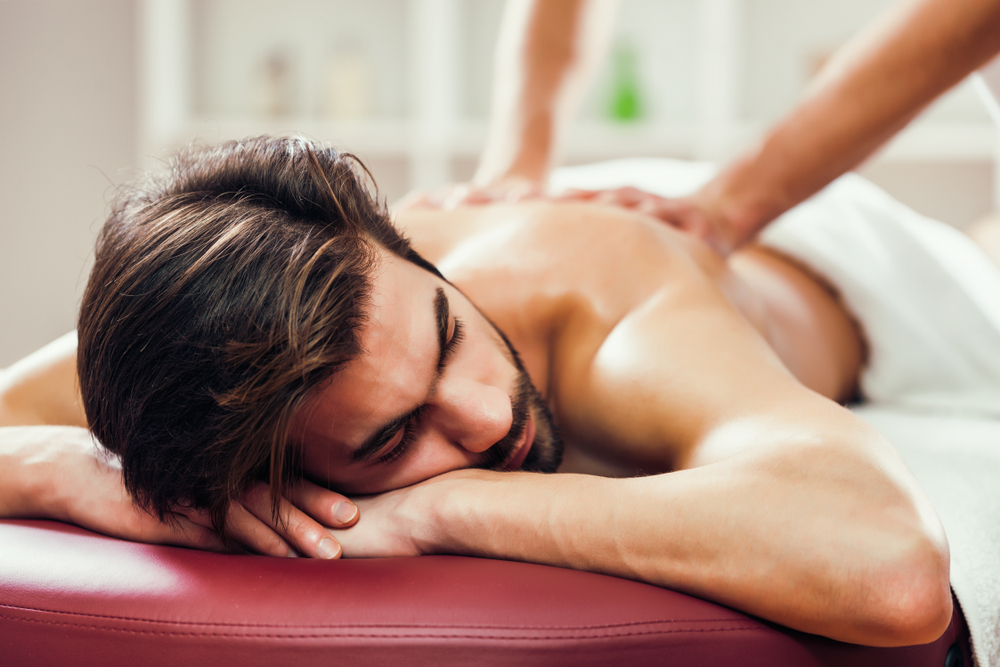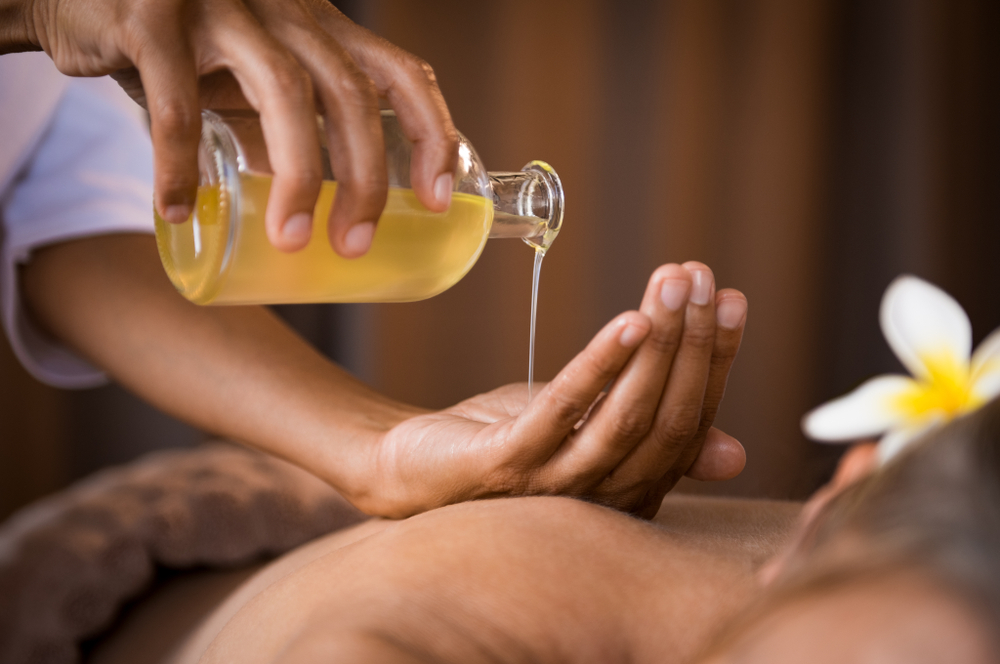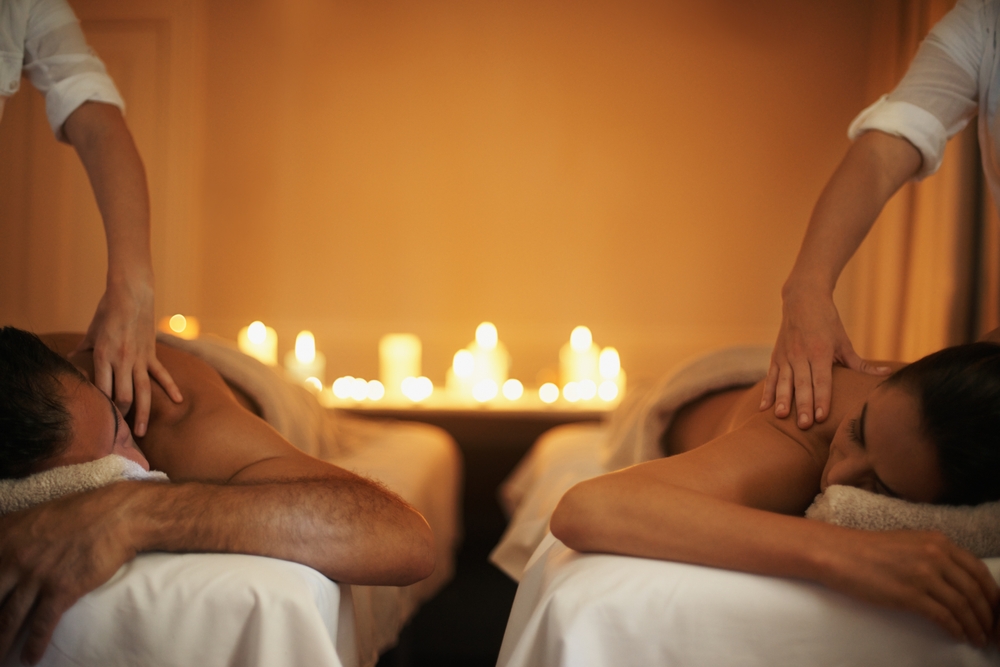
What is Massage?
Massage, one of the oldest healing traditions, traces its roots back to various ancient cultures including the Greeks, Egyptians, Chinese, and Indians. These civilizations recognized the therapeutic properties of massage and harnessed it to treat various ailments.
But massage is not just about pressing and rubbing your body. It’s about more than that. When someone gives you a massage, they might stroke, press, roll, or knead your body. These actions help you feel relaxed and alleviate tension.
Types Of Massage
Check out all the different types of massages that have been invented over time. There’s a whole bunch of them, some well-known classics and others that are like hidden treasures waiting to be found.
Here’s a list of some of the most well-known and widely practiced types of massage, though it’s important to note that this is not a complete list:
- Hot Stone Massage: Utilizes warm stones to relax and ease muscle tension.
- Partner Massage/Couple Massage: A shared massage experience with a partner, enhancing connection.
- Aromatherapy: Integrates the use of essential oils for a sensory experience.
- Swedish Massage: Known for its gentle and soothing technique.
- Deep Tissue Massage: Targets deeper layers of muscles for intense relief.
- Sports Massage: Tailored for athletes, focusing on areas of strain from sports activities.
- Trigger Point Massage: Concentrates on specific points of muscle tension.
- Reflexology: Focuses on pressure points in the hands and feet.
- Shiatsu: A Japanese technique using rhythmic pressure along energy pathways.
- Thai Massage: Combines stretching and pressure for a dynamic bodywork experience.
- Prenatal Massage: Designed for pregnant women to relieve discomfort and stress.
- Chair Massage: A quick, seated massage, often focusing on the back and shoulders.
- Couples Massage: A shared experience that allows couples to relax together.
- Erotic Massage: Focuses on sexual arousal and intimacy, often within a romantic context.
Imagine a big collage of people enjoying different massages. It shows the awesome variety out there. They’ve evolved into a colorful mix of techniques.
Massage for Treatment of Some Disorders
Research indicates that massage is effective in managing:
- Headaches
- Insomnia
- Subacute/chronic low back pain
- Delayed onset muscle soreness (DOMS)
- Anxiety
- Osteoarthritis
- Stress
- Soft tissue injuries
- High blood pressure
Massage can also support people living with:
- Chronic diseases
- Life-threatening illnesses such as cancer
Gay Massage
When considering a ‘gay massage,’ it’s important to have clear expectations about what you’re looking for. This type of massage can be sought for various reasons, each with its own focus and approach.
If you’ve been dealing with a sore neck and shoulders from long computer sessions, or feeling exhausted after evening workouts, a good massage can really help. The therapist can focus on those areas, using techniques to ease muscle tension, boost circulation, and help you relax.
Regardless of the reason, it’s crucial to communicate your needs and boundaries clearly with the massage therapist. This ensures a comfortable and beneficial experience that meets your expectations.

Visit Gay Massage to discover more.
Massage Benefits
Massage therapy offers a wide range of benefits that positively impact both physical and mental health. The benefits of receiving a professional massage vary widely and are contingent upon the recipient; that being said, the most readily apparent and readily identifiable benefit is frequently a state of deep and tranquil relaxation.
These benefits extend beyond mere relaxation, contributing significantly to overall well-being.
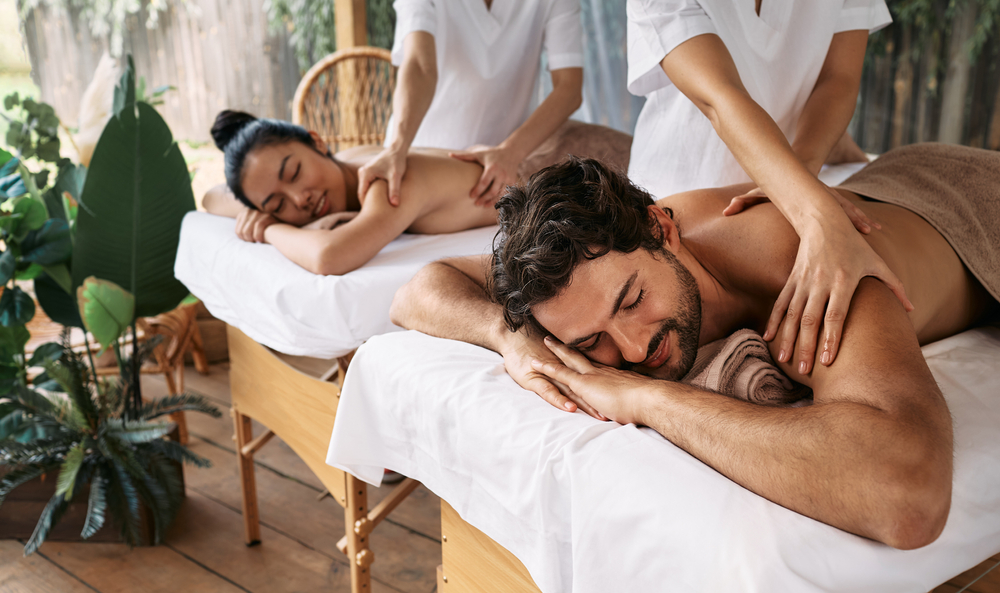
Here are some of the key benefits of receiving a massage:
- Improvement in Sleep Quality
- Enhancement of Immune Function
- Relief from Constipation
- Reduction of Anxiety Levels
- Alleviation of Digestive Disorders
- Management of Nerve Pain
- Aid in Postoperative Care
- Reduction of Scar Tissue
- Treatment of Soft Tissue Strains and Injuries
- Assistance in Healing Sports Injuries
- Relief for Temporomandibular Joint (TMJ) Disorders
Who Should Try Massage Therapy?
Massage therapy can be beneficial for a wide range of people. Here are some groups who might particularly benefit:
- A stressed Individual’s massage can help reduce stress and promote relaxation.
- Athletes Regular massages can aid in recovery, prevent injuries, and improve performance.
- Chronic Pain Sufferers People with conditions like arthritis or fibromyalgia may find relief through massage.
- For people with Postural Problems Massage can help correct imbalances from prolonged sitting or standing.
- Pregnant Women Prenatal massage can reduce pregnancy discomforts and enhance the physiological and emotional well-being of both mother and fetus (always consult a doctor first).
- Elderly Massage can enhance blood circulation, combat stiffness, and improve quality of life in older adults.
However, it’s always best to consult with a healthcare professional before starting any new therapy regimen, including massage.
How To Prepare For a Massage
Preparing for a massage involves a few simple but important steps to ensure you get the most out of your experience. It’s not just about what happens during the massage, but also how you prepare your body and mind beforehand.
- Stay hydrated
- Dress for Comfort
- Prepare mentally for relaxation.
- Discuss your needs with your therapist
- Arrive early
- Avoid heavy meals before your massage
- Don’t schedule activities immediately after your massage.
By going through these steps, you can create a chill and soothing massage vibe. Remember, a massage isn’t just about the body; it’s a whole mind-body experience.
Particular Concerns for Massage
Sometimes, getting a massage might not be the best idea, and it’s important to know when to hold off. Here are some situations where it’s smart to talk to a doctor or specialist before booking your massage:
- Pregnancy Consult your doctor before getting a massage.
- Skin Issues Wait until skin issues (rashes, cuts, infections) have healed before having a massage.
- Suspected Fractures Seek medical help instead of a massage if you suspect a fracture.
- Serious Illness Avoid massages when dealing with a serious illness. Focus on necessary treatments.
- Chronic Conditions Get a doctor’s approval before a massage if you have arthritis or diabetes.
It’s all about keeping oneself safe and healthy, remember? When in doubt, it never hurts to see a medical professional before receiving massage therapy.
Beliefs About Massage
Some people believe things about massage that aren’t true. Massage is a very old job, and there are a lot of stories about it.
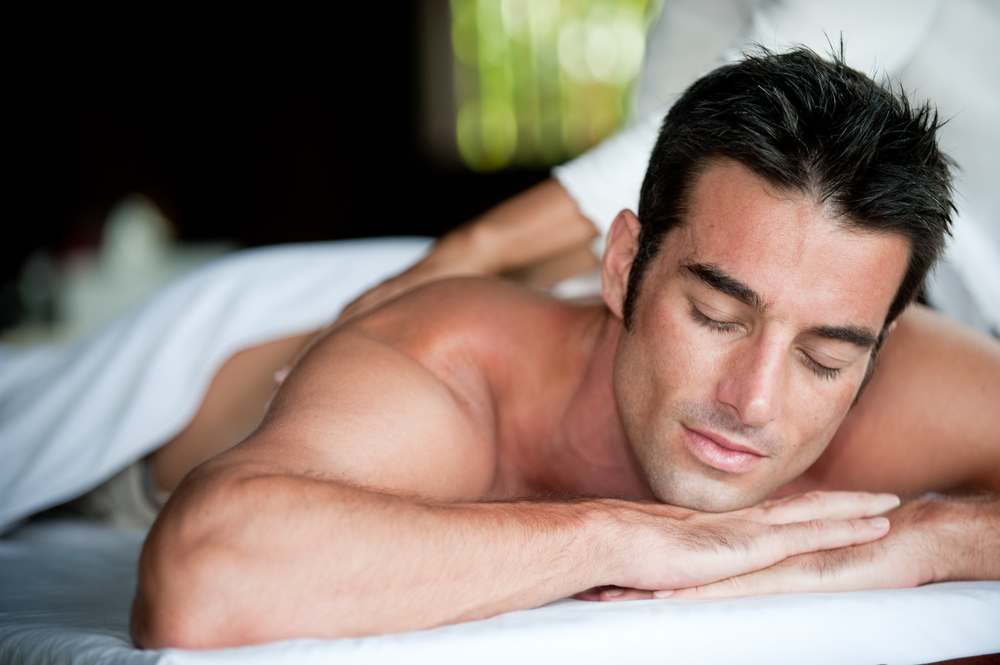
Some of these stories are that massages only help your muscles, they can get rid of cellulite, and you shouldn’t say anything if it hurts. But massages do a lot more than just work on your muscles. They can help relax your mind and body. Massages can also make tight spots feel better, help your joints move more easily, lessen swelling and pain, and improve your blood flow. This helps your body heal faster.
A really good person who gives massages does more than just make you feel better for a little while. They want you to feel good even after the massage is over. So, it’s important to find a good massage therapist to enjoy the benefits for a long time.
The Bottom Line
Massage therapy is a game-changer for your muscles and other soft tissues, offering a ton of health perks. It amps up your immune system by boosting lymph flow and improving circulation, which means more nutrients in and more junk out.
Soothing muscle pain not only feels good but is also a stress reliever, providing a double dose of physical and mental well-being. Whether you seek relaxation, pain relief, or a moment to unwind, a massage is the solution. Treat yourself to a session today to rejuvenate your body and mind with the refreshment they need!
FAQ
-
Why do massages provide such deep relaxation?
Massages induce deep relaxation by enhancing blood flow and triggering the release of endorphins. These “feel-good” hormones create sensations of happiness and promote overall well-being.
-
Why everyone needs a massage?
Massage therapy directly addresses areas of discomfort, easing tight muscles and enhancing mobility in joints. By improving blood flow and nutrient delivery to affected areas, massages facilitate quicker healing and pain reduction.
-
What does relaxing massage mean?
A relaxation massage is a smooth, gentle treatment that relieves muscular tension, increases circulation, and promotes a general sense of relaxation.
-
How does massage aid in the body’s healing processes?
Massage therapy supports the body’s healing by relaxing muscle tissue, which can decrease nerve compression and increase joint space. This contributes to reduced pain and enhanced physical function, highlighting the importance of massage for recovery and health.
-
What are the psychological advantages of receiving a massage?
Massage therapy lowers cortisol levels while increasing serotonin, enhancing the body’s capacity to combat pain, anxiety, and sadness. It also meets the human need for touch and connection, akin to the comfort provided by an hour-long hug.

